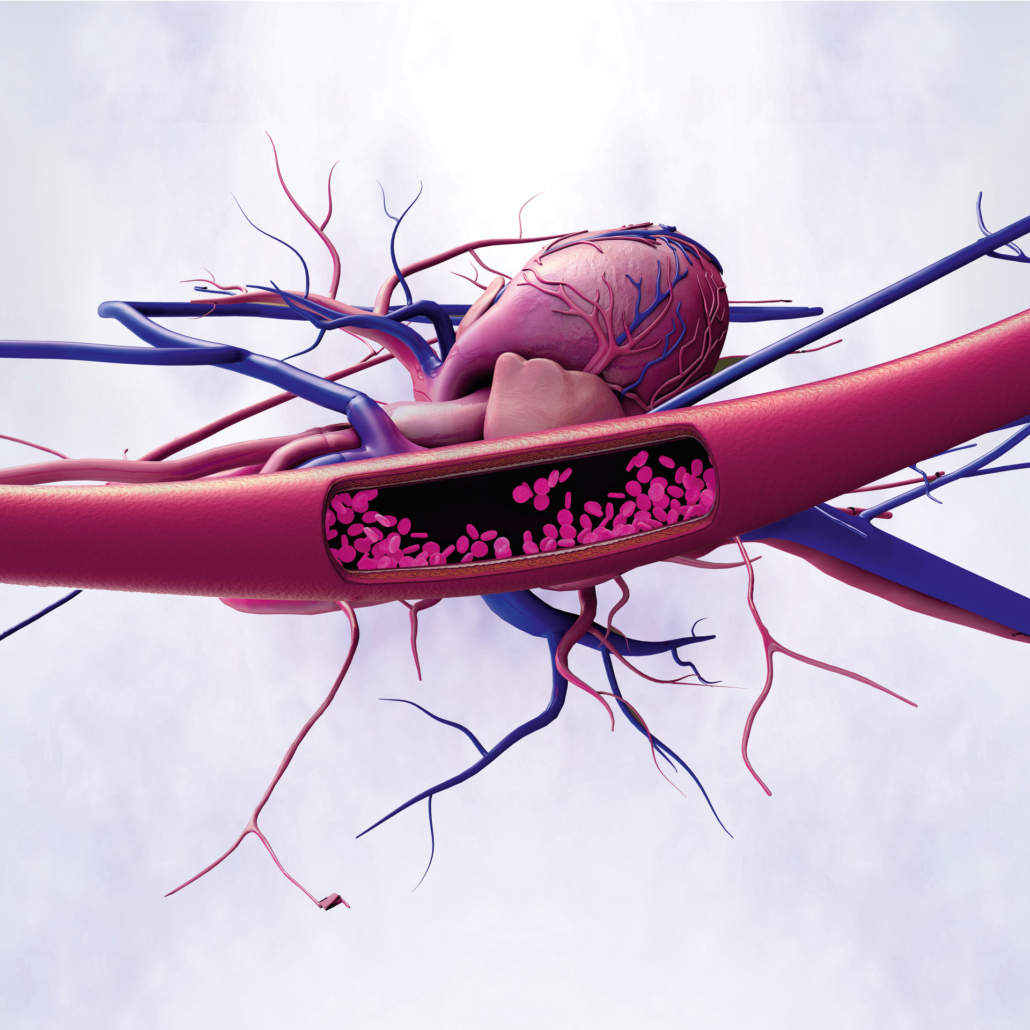
bestbion dx to market sphingotec’s predictive biomarkers
sphingotec GmbH and bestbion dx GmbH have signed an agreement to market sphingotec's innovative sepsis and congestive heart failure test (sphingotest bio-ADM) and acute kidney function monitoring assay (sphingotest penKid) in Germany and Austria.
The deal is good news, particularly for patients with congestive heart failure as therapy monitoring using both biomarkers is set to reduce mortality and will improve monitoring of decongestion using diuretics.
It is well established that bio-ADM, Spingotec’s biomarker for vascular dysfunction, can predict septic shock and thus can guide treatment choices. In congestive heart failure, a disorder affecting 1.8 million Germans and about 300,000 Austrians, bio-ADM is the first biomarker that identifies patients having (residual) edema and patients at high risk to develop life-threatening residual edemas, caused by incomplete response or therapy resistance to decongestion therapy with loop diuretics. Unidentified residual congestion is the major cause for re-hospitalisation and post-discharge mortality in congestive heart failure patients causing 30% of deaths and global annual cost of US$39bn. Sphingotec’s penKid is a kidney function biomarker predictive for acute kidney failure (AKI), which frequently occurs in congestive heart failure patients receiving diuretics. Monitoring of congestive heart failure patients, who receive diuretics, with both, bio-ADM and penKid, thus allows physicians to prevent AKI while excluding incomplete decongestion.
sphingotest penKid and sphingotest bio-ADM complement bestbion dx’ portfolio of marketed assays in the area of congestive heart failure. The company already markets an assay for ST2, an innovative biomarker that detects cardiac remodeling early on and opens the avenue to early intervention and an optimised adjustment of congestive heart failure therapies.
We are delighted that bestbion dx will distribute our acute care biomarker assays for therapy monitoring and adjustment, said Dr. Andreas Bergmann, founder and CEO of sphingotec GmbH. Our biomarker assays support physicians with information to monitor and adjust the diuretics therapy to the need of each individual patient suffering from congestion.
sphingotec’s tests complement our portfolio of marketed biomarker assays to monitor congestive heart failure, said Werner Dummert, Sales Director of bestbion dx. penKid, bio-ADM and ST2 are a dream team for physicians, as they can contribute to significant improvements in the adjustment of beta-blocker and diuretics dosage in congestive heart failure and associated acute kidney injury. The collaboration with sphingotec perfectly reflects bestbion dx’s mission statement Rescue and sustain lives’.
Due to its ability to identify congestive heart failure patients refractive to diuretics therapy, bio-ADM will be also used as companion diagnostics in a Phase II trial to be started this year. Studies on 5,500 patients have demonstrated that elevated bio-ADM levels identify patients that may benefit from therapy with adrenizumab, an antibody treatment developed by German company Adrenomed. In March, Adrenomed presented the mode of action of adrenizumab. Located in the blood vessel, the antibody acts like an adrenomedullin (bio-ADM) hoover: it leads to redistribution of bio-ADM from the interstitium, where it is produced, to the blood vessel lumen without affecting bio-ADM activity. There bio-ADM decreases fluid leakage by its well-documented endothelium-stabilising effect.



 adobe.stock.com - ipopba
adobe.stock.com - ipopba BioDlink
BioDlink